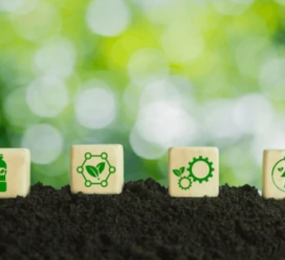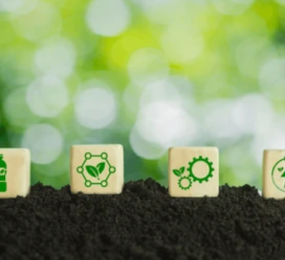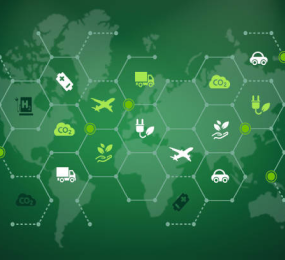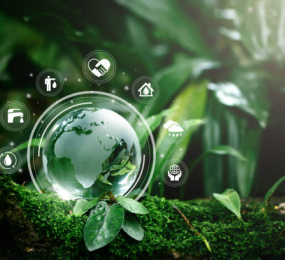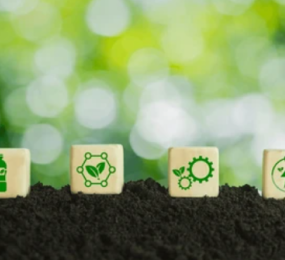Life Cycle Assessment of Bioplastics: Environmental Footprint and Sustainability Metrics
The growing concern over plastic pollution and climate change has spurred the development of bioplastics, materials derived from renewable biological resources. While touted as environmentally friendly alternatives to traditional petroleum-based plastics, their actual environmental impact is a complex issue that requires careful evaluation. Life Cycle Assessment (LCA) is a comprehensive tool to assess the environmental footprint of products, including bioplastics.
LCA examines the entire lifecycle of a product, from raw material extraction to end-of-life disposal. It considers factors such as greenhouse gas emissions, energy consumption, water usage, and waste generation. For bioplastics, LCA can help determine whether their production, use, and disposal are indeed more sustainable than conventional plastics.
Several factors influence the environmental performance of bioplastics. The type of bio-based material used (e.g., starch, cellulose, or polylactic acid) plays a crucial role. While some bioplastics may have lower greenhouse gas emissions during production, their end-of-life options can vary significantly. Biodegradable bioplastics may decompose in specific conditions, but they may not always do so effectively, especially in landfill environments. Additionally, the energy required to produce bioplastics can sometimes offset their environmental benefits.
LCA can also help identify areas for improvement in bioplastic production and use. By understanding the environmental hotspots of bioplastics, researchers and manufacturers can develop more sustainable production processes and explore innovative end-of-life solutions. For example, advancements in biodegradation technologies and the development of compostable bioplastics can enhance their environmental performance.
In conclusion, LCA is a valuable tool for evaluating the environmental footprint of bioplastics. While bioplastics offer potential benefits compared to traditional plastics, their sustainability depends on various factors, including the type of bio-based material, production processes, and end-of-life management. By conducting thorough LCAs and implementing sustainable practices, the bioplastics industry can contribute to a more circular and environmentally friendly economy.
Visit our website to know more: https://www.leadventgrp.com/events/3rd-annual-world-biopolymers-and-bioplastics-innovation-forum/details
For more information and group participation, contact us: [email protected]
Leadvent Group - Industry Leading Events for Business Leaders!
www.leadventgrp.com| [email protected]


